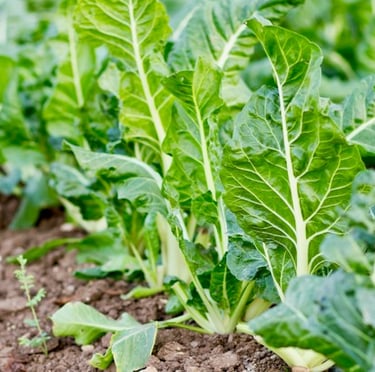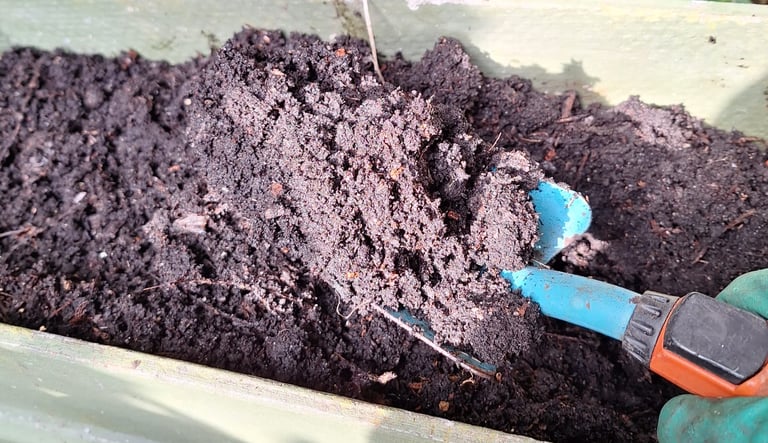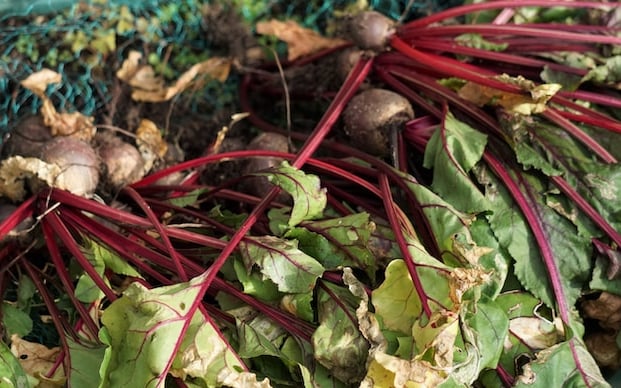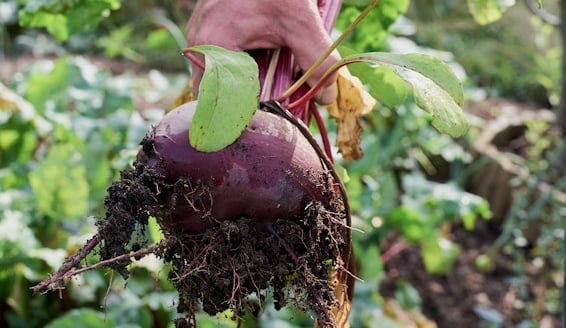The Best Way to Grow and Care for Beets in Containers
Growing beets in containers requires well-drained soil, consistent moisture, and a lot of sunlight, which leads to a successful harvest in container gardens.
Growing Beetroot in Containers isn't quite hard but you need to understand the right techniques that are involved in the process.
In this actionable and to-the-point guide, we will teach you everything you need to know about growing beets in your container garden.








The Ideal Soil and Planting to Grow Beets in Garden Beds
Our experts found that using a well-draining, nutrient-rich potting mix in a container with proper drainage yields the best possible results.
Sow beet seeds directly into the container, spacing them about 2.5 cm (1 inch) apart. Beet seeds can be planted from late spring to early summer for a continuous harvest.
Optimal Sunlight and Watering
Most Beetroot varieties thrive in a spot that gets plenty of sunlight for at least six hours a day.
Through our experiments, we experienced that regular plant and vegetable watering is important when growing beets in containers, the soil should be kept consistently moist but not waterlogged.
Expert Tip: While growing beets we also found that inconsistent watering can lead to woody beets.
Fertilization
Feed and fertilize plants and your beets with a balanced, water-soluble fertilizer every four to six weeks. This will ensure they have all the necessary nutrients for the best growth.


Harvest Time for Container-Grown Beets
When harvesting beets you need to know that they are typically ready for harvest about 50-60 days after planting. Look for beets that are about the size of a golf ball at that time they are most tender and flavorful. Avoid letting them grow too large, as they can become tough and woody.
The Best Weather for Growing Beetroots in Containers
Beets prefer cool to moderate weather conditions for optimal growth. They thrive in temperatures ranging from 13-24°C (55-75°F). While they can tolerate light frosts, extreme cold or heat can hinder their development similar to growing radishes in containers.






Thinning Seedlings
Once the beet seedlings reach about 7.5 cm (3 inches) in height, thin them to approximately 10 cm (4 inches) apart after growing multiple seedlings from various plants we found that this height applys to various plants for containers.
This process ensures that each plant has enough room to develop its root system fully which leads to healthier and more robust beets.
Pest and Disease Management
Common beetroot pests and diseases include leaf miners or fruit flies. Inspect the leaves regularly for any signs of damage or unusual spots, and employ appropriate pest control methods correctly to prevent infestations from spreading.
Our bts also were attacked by pests and when we looked closer we saw that these pests feed themselves with the roots of the plants, exactly like they do on carrots in containers, so keeping the area clean and your plants healthy and well-cared for can also reduce the likelihood of disease.





Sources
Nature and Sustainability uses only high-quality sources, including peer-reviewed studies to support the facts we describe in our articles. Please read our editorial policy to learn more about how we keep our content accurate, reliable, and trustworthy.
Ideal soil for beets and general information: Beets: How to Grow It (sdstate.edu)
Optimal sunlight, watering, and fertilization: How to Grow Beets in Your Garden | USU
Harvesting and Pests: How to Grow Beets - MSU Extension
Thinning tips: Thinning Plants - How To Thin Seedlings | Gardening Know How
Share this article:




Article By:
Calin is in the garden industry for 5 years now and knows a lot about gardening and plants. He is the owner of this website and responsible for most of the content.


